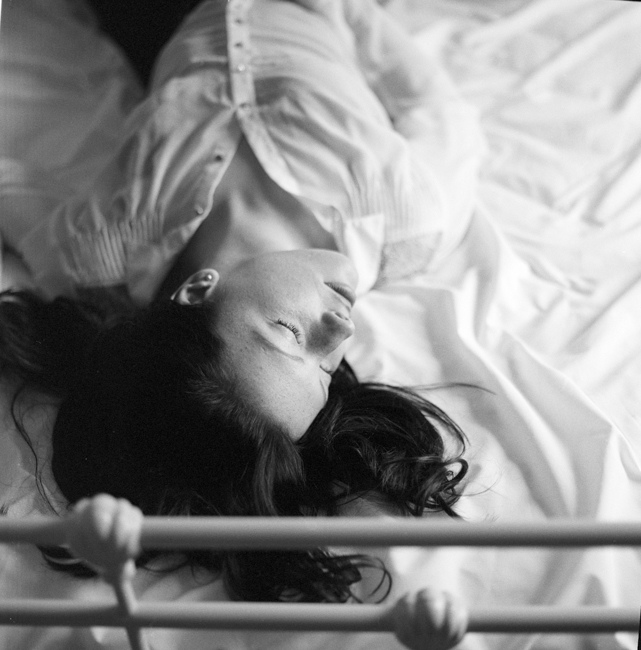Anyone who suffers from seasonal allergies knows that they can completely disrupt a sufferer’s routine and way of life. Even after feeling great all winter, the moment spring allergies hit, a sufferer can be bogged down with a stuffy nose, a cough, a sore throat and eyes that are red and burning. Spring pollen allergies are extremely common, but that does not stop them from being a major source of frustration to sufferers. Many over the counter and prescription medications are available to treat symptoms, but the degree to which severe allergies can disrupt the physical functioning of an otherwise healthy person must not be underestimated. One of the major disruptions faced by spring allergy sufferers is poor quality of sleep.
Why Do Spring Allergies Cause Poor Sleep Quality?
When we sleep, the quality of our air intake is largely responsible for the quality of the sleep itself. When an allergy sufferer is unable to breathe properly and in a regulated manner, the limited intake of air can prevent them from falling into the deepest state of sleep, known as REM sleep. Allergies, medically known as rhinitis, can irritate and obstruct the nasal and bronchial airways. This obstruction and irritation can lead to a condition called obstructive sleep apnea. Sleep apnea is a condition which is marked primarily by the intermittent cessation of breathing during sleep. This is caused by relaxation of the muscles which allow airways to remain passable during the sleep cycle. Sleep apnea can have many detrimental effects, some of which are minor; others can be quite dangerous. It is a common cause of snoring as well as a primary source of fatigue during waking hours, as the lack of deep sleep often leads to sufferers waking up without feeling rested. More seriously, obstructive sleep apnea can lead to elevated blood pressure and increase the risk of heart attacks.

Do Allergy Medications Cause Sleep Disruption?
Unfortunately, it is not rhinitis symptoms alone that can cause sleep disruption in allergy sufferers. Some over the counter medications can also cause major sleep issues. One of the most common drugs used to treat sinus inflammation and rhinitis is pseudoephedrine. Pseudoephedrine is a stimulant which, while highly effective at treating rhinitis in conjunction with other medications, can also cause insomnia and restless sleep. Another common allergy medication, diphenhydramine, encourages the body to sleep, but can simultaneously create side effects which make sleeping difficult such as tachycardia and restless legs. Of the over the counter medications available to allergy sufferers, lortadine is perhaps the most effective at combating allergy symptoms without disrupting sleep.
How Can Allergy Sufferers Prevent Sleep Disruption?
Dealing with poor sleep quality on top of the symptoms of spring allergies can be nearly unbearable for many sufferers. Daytime fatigue can make even the most basic tasks difficult, and more dangerous side effects such as increased blood pressure and risk of heart attack should be avoided at all costs. In order to prevent exacerbating allergic conditions, spring allergy sufferers should medicate with lortadine or another physician recommended allergy medication that will not affect their sleep. Sheets, pillowcases and blankets should be routinely washed with hypoallergenic detergent in order to avoid the accumulation of potential allergens, which can worsen allergy symptoms during the night. Additionally, the use of a cool mist humidifier and air filter to keep airways moistened for better breathing quality and prevent the accumulation of allergens in the air circulating in the room can help to increase the quality of sleep and prevent sleep disruption in spring allergy sufferers.
Byline
Darryl Conway is a freelance health & medical science blogger based in Cheyenne, Wyoming. Darryl recommends sleep medicine for those having sleeping issues; he encourages curious readers in the Houston area to check out the resources from apnix.com.
Image credit goes to Rachel Vogeleisen.

